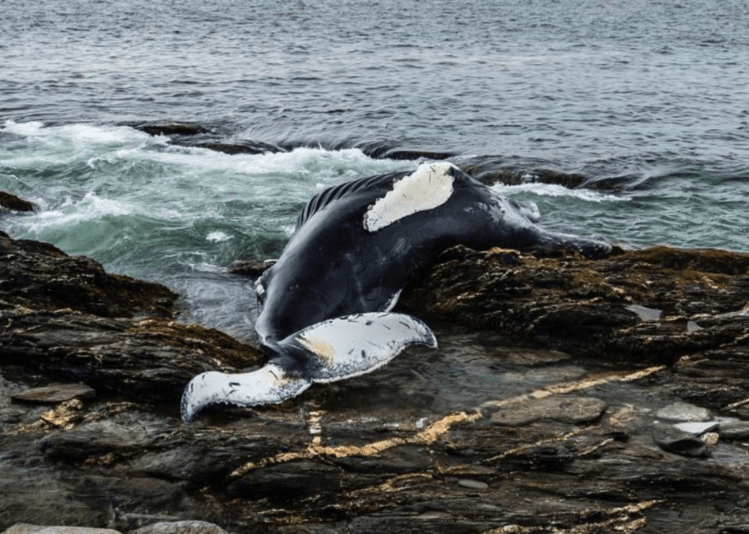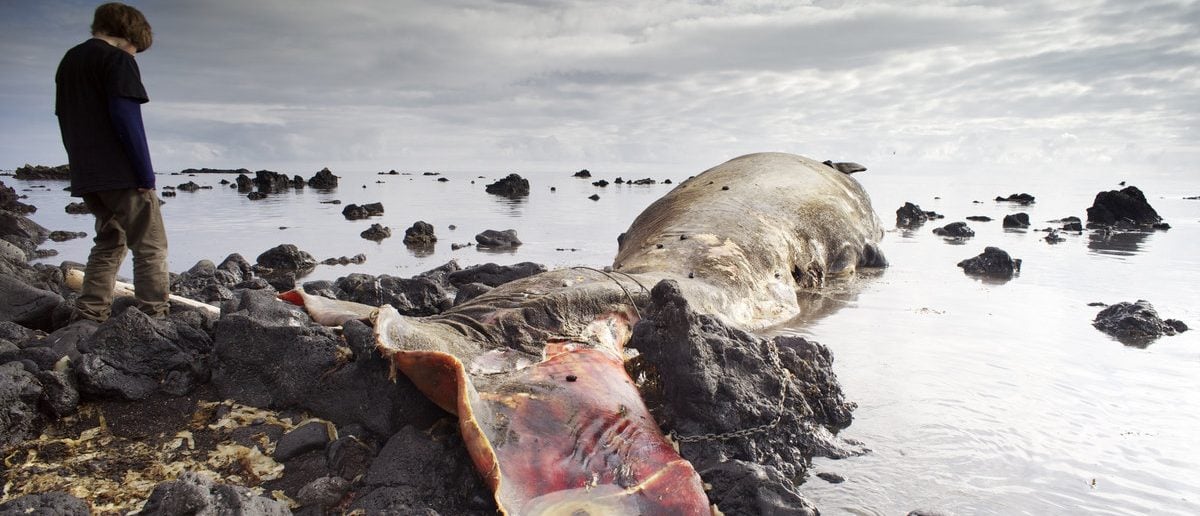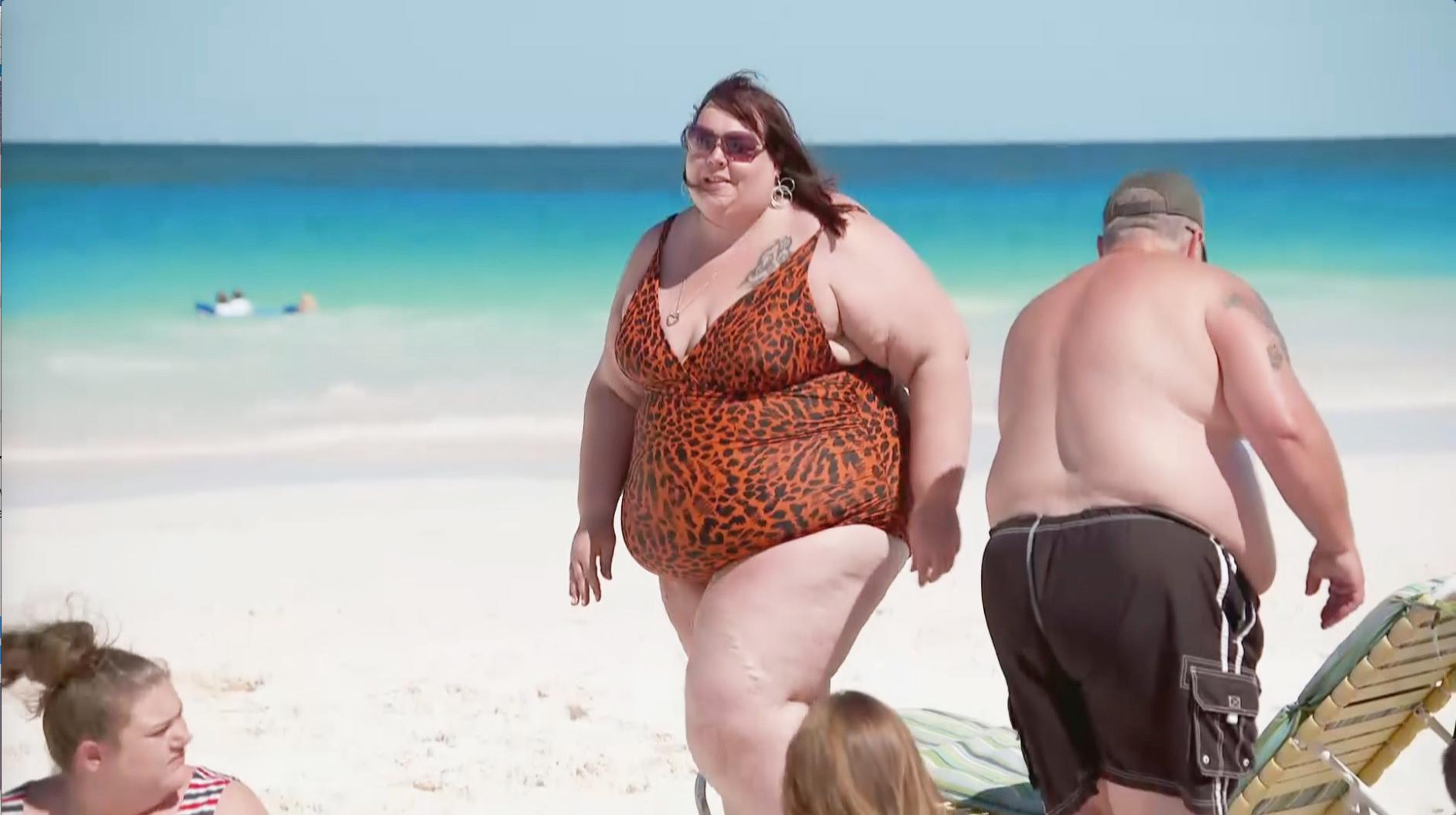and a TAKE could mean a DEATH. I think they add in teh "inconveniences" to whales as TAKES so that when they reveal teh number of deaths they are allowing for it doesn't alarm people who could just say TAKES do not mean DEATHS. It is posturing... plausible deniability.Yes, I read it.
And I've seen the unusual amount of whales that washed up over the last few months. Funny, didn't they start mapping the ocean floor recently. It's known that this type of activity disorientates mammals like whales. This wouldn't have anything to do with the whales dying at alarming rates this year, would it?
I'd still like to follow the money on these leases. You just know that in one way or another this is politicians selling access for benefits to themselves and the friends and family plan. This is the age of greed. The TAKES are basically kill tags for whale hunters who will bag their limit.







